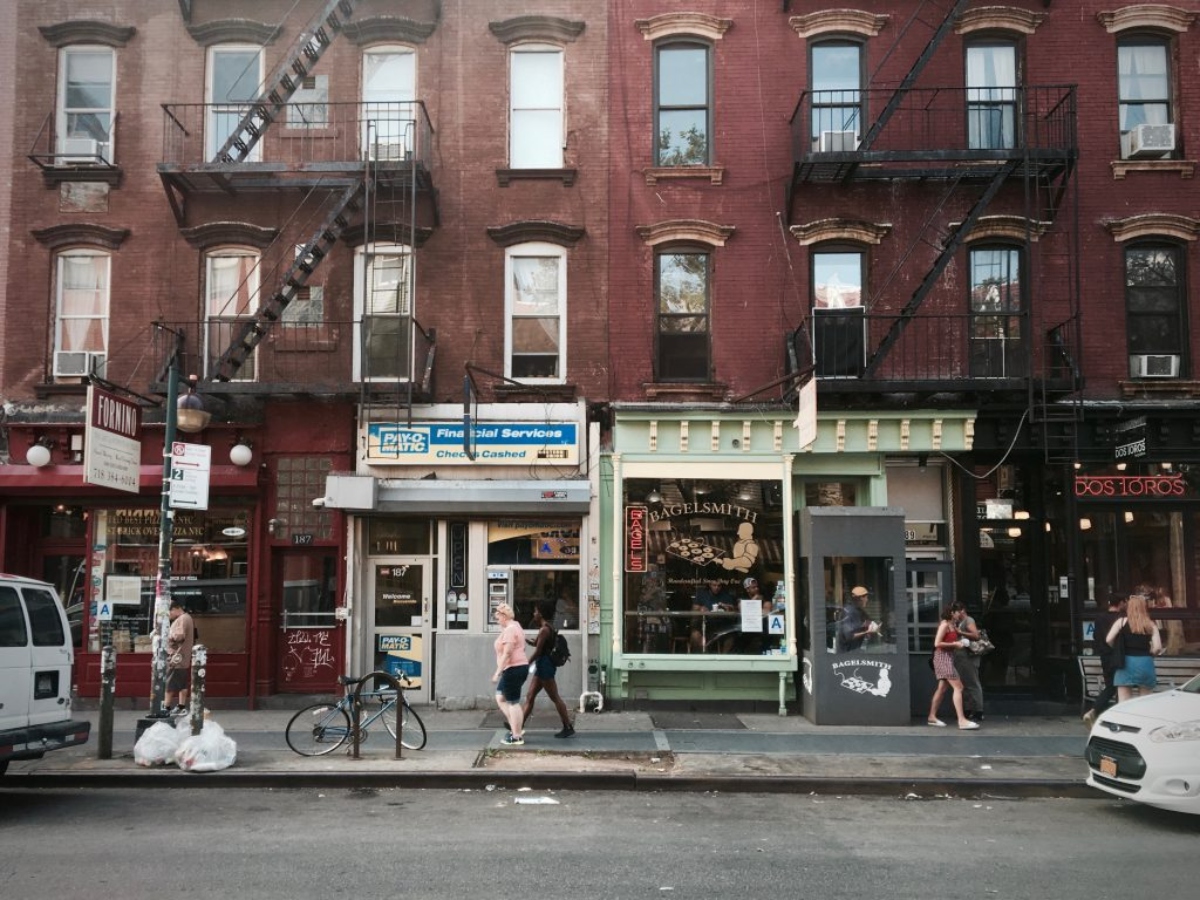By Sebastian Aguilar, Show Manager
I get that gentrification really sucks, especially when it prices out longtime residents but building new housing regardless is nearly always worth it. I am a massive nerd for urban planning and I have been advocating for increasing housing density, and walkability in cities for the past couple of years.
I find the nimby — “Not in my backyard)” — crowd of people that oppose new apartment buildings and housing to be pretty insufferable. They always use the same argument of “I support building new housing just not in my neighborhood. It would ruin the character!” But there’s a new type of nimby on the block and they’re actually a bigger roadblock to well planned cities than the traditional suburban homeowner.
I present to you the virtue signaling liberal.
These people have begun to oppose new developments on the basis of “They aren’t good enough and would change the neighborhood too much.” Which is fine in principle. I have critiqued many proposed housing and neighborhood revitalization projects over the years. However I still want the developments to happen, the more liberal nimby would say something like “I support building new housing but only if 100% of the units are subsidized housing and only if it won’t raise the rents of current neighborhood residents.” Which is a noble idea, unfortunately it’s a very naive one.
Gatekeeping housing won’t save your neighborhood from gentrifying, it’ll just make traffic worse. New people are going to move to the neighborhood regardless so you might as well build new housing to hold them.
In Denver there was a citywide vote on whether they should rezone a long closed golf course right by a light rail station into new apartment buildings. After a fierce campaign the NO side won with the classic nimby crowd being old people, white homeowners, and landlords opposing the project, but with an added group aligned with the Democratic Socialists of America saying they oppose the project because it was in a working class neighborhood and not all of the units were going able to be afforded by Housing that isn’t very affordable is still better than a defunct golf course that isn’t open to the public with zero units of housing.
A similar situation happened in Harlem in New York. Many left wing groups opposed building a new apartment building on a vacant lot because they feared gentrification of the area. So instead of building housing, the city decided to turn the lot into a greyhound bus depot, which again has ZERO units of housing. The best way to lower rents across the board is to just build a critical mass of housing in the areas people want to live. Obviously I don’t want to displace anyone from the areas they grew up in or love. However there’s a reason rent is really expensive, and it’s because we stopped building dense housing.
Since all I’ve done thus far is complain, here are some policy proposals that would actually help combat the gentrification everyone is afraid of. First off, rent control. If you’ve been living at the same address for over 5 to 10 years your rent should be kept at the same rate. This would benefit longtime residents and allow them to stay in the neighborhoods they love.
Finally the craziest policy proposal of them all, a Land Value Tax (LVT) as a replacement for property tax. LVT is a tax based on the fact that land is finite so therefore land in cities and other prime locations is worth more than land in rural or suburban areas. This also works as a form of wealth redistribution since landowners of lots in cities tend to be pretty rich, and will be taxed accordingly if they’re just sitting on valuable empty lots. Some might think that landowners would just pass this tax on to their tenants through raising rent. However this is not the case because landlords already charge you the maximum amount they can. If they raise it any higher they wouldn’t be able to keep any tenants.
I got a C in my microeconomics course so I don’t understand all the intricacies but economists who are much smarter than me such as Adam Smith and John Maynard Keynes both describe it as “the perfect tax”. This idea has been around since the mid 1800s, but better late than never.












